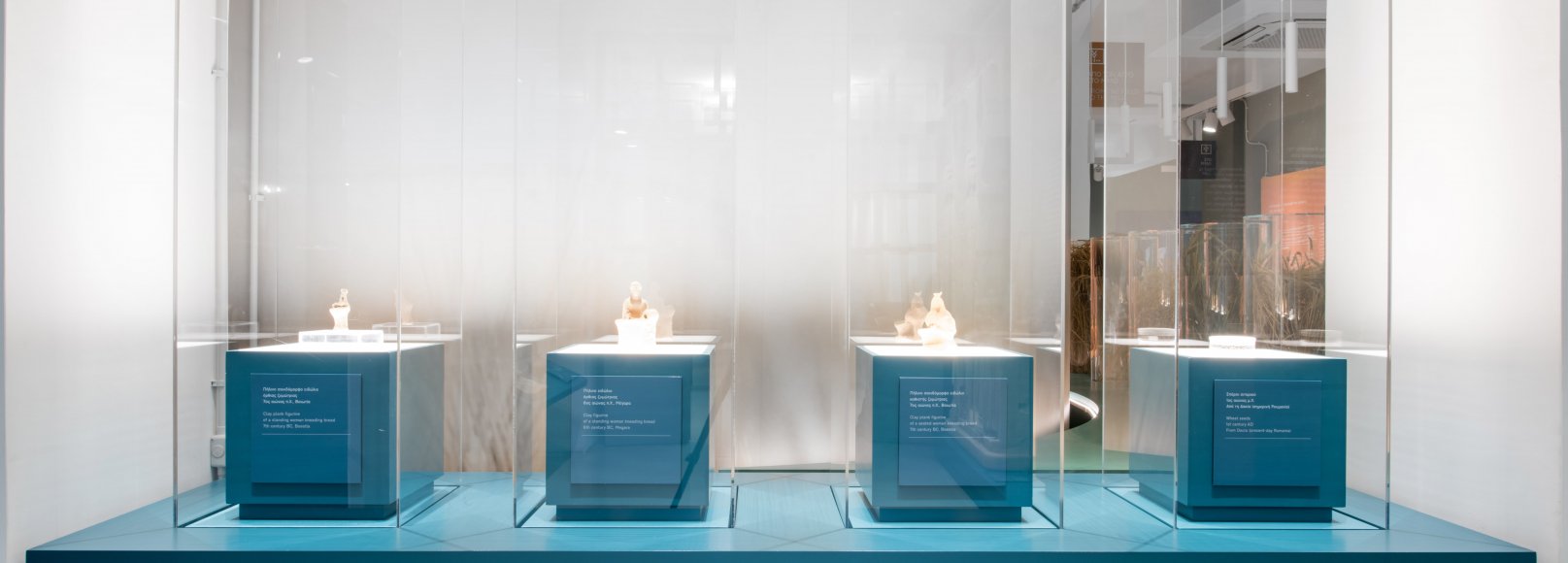Travelling back through time
When people realized how important grains were for their survival and that they could be cultivated, they gradually abandoned their nomadic way of life and settled in specific areas. They began to exert control over the amount of food available to them by developing agriculture, building permanent settlements and domesticating animals. This was the most significant change in the history of mankind. And it all started with a grain of wheat.
The goddess Demeter
Maza, the unleavened barley bread that kept the celebrated sailors of ancient Greece fed on their voyages, was a gift from the goddess Demeter, the protectress of agriculture, vegetation and the fertility of the earth. Demeter would lend her name to the English word for mankind's most important foodstuff through her Roman counterpart, Ceres: cereals.
The myth of Demeter's daughter, Persephone, is connected to the cycle of the seasons. It expresses our hopes of rebirth and symbolizes the lifecycle of wheat.
According to the myth, Pluto fell in love with Persephone and took her with him down into the Underworld. But Demeter was so consumed with sorrow that the whole of Nature withered and Pluto was forced to let Persephone spend half each year in the Upper World of men. During the months of winter, when Persephone would no longer be at her mother's side, nature would join them once again in their mourning.

